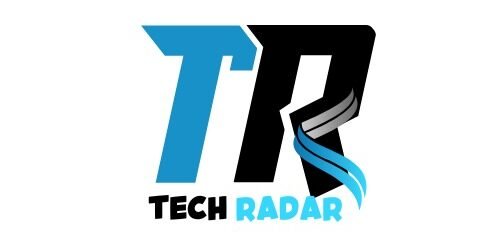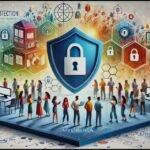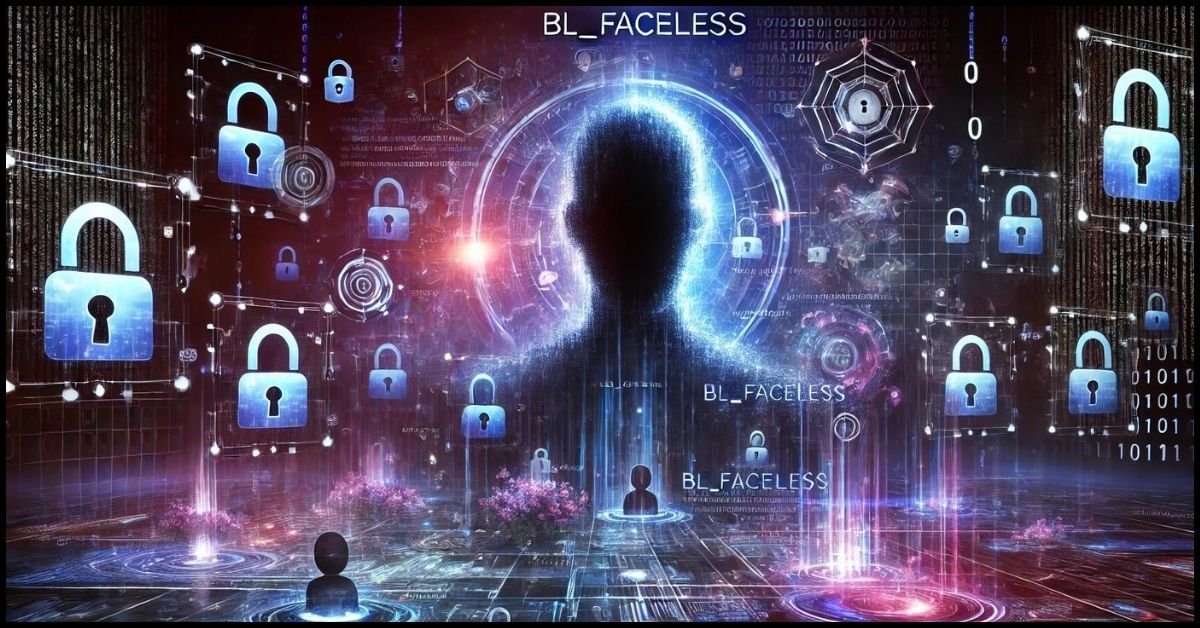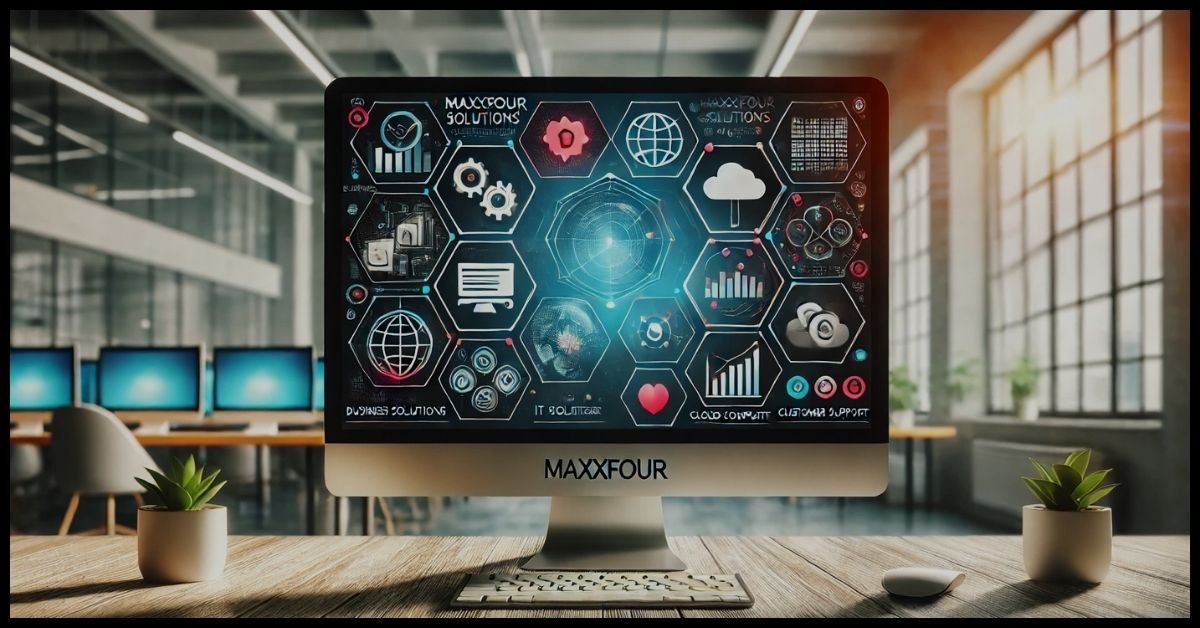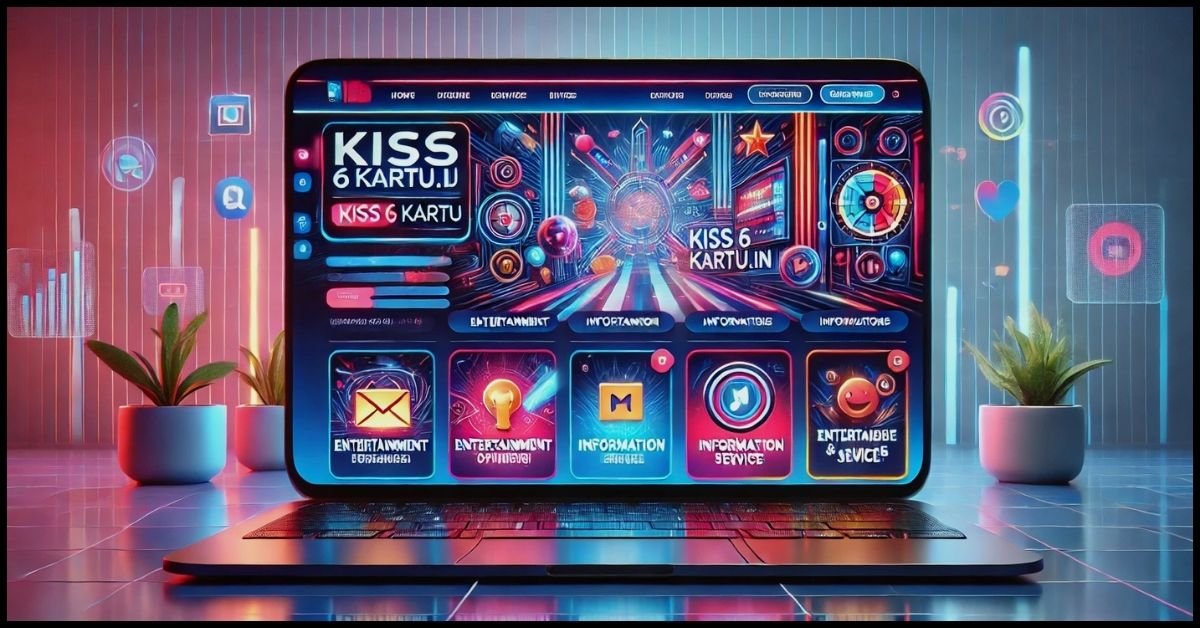In the fast-paced digital era, anonymity has taken on new forms and significance. While the internet allows for unprecedented communication and collaboration, it also introduces new challenges, especially in protecting individual identities. Enter bl_faceless, a concept that has intrigued many in the online community. But what exactly is bl_faceless, and why is it so crucial in today’s digital world?
This article dives deep into the mystery surrounding bl_faceless, its origins, implications, and how it shapes online aFuturety’s future.
What Is bl_faceless?
At its core, bl_faceless represents a movement or identity that champions online anonymity, detachment from personal data, and a rejection of the constant surveillance that comes with digital life. The name itself—bl_faceless—hints at a lack of identity, or at least an intentionally concealed identity.
The Concept of Anonymity in the Digital Age
In the early days of the internet, anonymity was a defining feature. People could engage in online discussions, explore ideas, and connect with others without revealing their true identities. However, as the internet evolved, so did how corporations, governments, and individuals collected and tracked personal data. With that, anonymity has become more crucial for those who wish to maintain their privacy.
How bl_faceless Came to Be
The exact origins of bl_faceless remain shrouded in mystery. Some speculate it began as a reaction to increasing online surveillance, data breaches, and privacy violations. Others believe it emerged from hacker or activist groups who sought to challenge large tech companies’ monopolization of personal data. Regardless of its beginnings, bl_faceless has become a symbol for people who value anonymity and privacy in the digital world.
The Role of bl_faceless in Online Identity
Online identity has become crucial to how we interact in the digital world. Social media, online banking, email, and even everyday apps require personal information. In contrast, bl_faceless challenges the idea that your real-life identity should be tied to your online presence.
Detaching from Personal Data
One core tenet of bl_faceless is the idea of detaching from personal data. With so many platforms and services requiring users to share their real names, addresses, and other personal details, bl_faceless advocates for the ability to engage online without tying those actions back to a specific individual. People can maintain more control over their personal information by adopting anonymous identities.
Reclaiming Privacy
Privacy has become scarce as companies like Google, Facebook, and Amazon amass vast amounts of user data. bl_faceless is a response to this growing sense of lost privacy. For those who adopt the bl_faceless ideology, the focus is on reclaiming that privacy by removing personal identifiers from their online actions. Through encrypted messaging, virtual private networks (VPNs), or anonymous accounts, bl_faceless encourages using tools that protect digital footprints.
The Impact of bl_faceless on Digital Communities
The rise of bl_faceless has profoundly impacted various online communities, particularly those that value freedom of speech, activism, and dissent. Let’s explore how it has influenced these areas.
Enabling Free Speech
In many parts of the world, free speech is under threat. Online censorship, government crackdowns, and strict regulations often prevent people from expressing their thoughts openly. bl_faceless offers a solution by providing a shield of anonymity. By disconnecting online actions from personal identities, individuals can express opinions, question authority, or share sensitive information without fear of retribution.
Activism and Whistleblowing
Whistleblowers, journalists, and activists constantly risk being exposed when they share sensitive information. Platforms like bl_faceless allow these individuals to communicate securely and anonymously. This anonymity helps protect people who reveal crucial information, particularly in oppressive regimes or industries where corruption is rampant.
Maintaining Ethical Boundaries
While anonymity can be empowering, it also raises ethical concerns. Some critics argue that movements like bl_faceless might encourage negative behaviors, such as cyberbullying, trolling, or spreading misinformation. However, the goal of bl_faceless remains to empower users to protect their privacy rather than enabling harmful activities. Responsible use of anonymity is a crucial consideration for those within the bl_faceless movement.
The Tools and Technologies of bl_faceless
To truly embrace the ideals of bl_faceless, individuals must use various technologies that enable anonymity and security online. These tools help users hide their identity, protect their data, and reduce their digital footprints.
Virtual Private Networks (VPNs)
A VPN is one of the most common tools for maintaining anonymity online. VPNs work by encrypting your internet connection and routing it through a server in another location, making it difficult for others to track your activity or identify your IP address. For those in the bl_faceless community, VPNs are essential for ensuring privacy while browsing the web or using online services.
Encrypted Messaging Apps
Encrypted messaging apps like Signal or Telegram offer end-to-end encryption, ensuring that only the sender and recipient can read the messages. These apps are popular among people who value privacy, as they prevent third parties—including tech companies or government agencies—from accessing their conversations.
Anonymous Browsers
Web browsers like Tor allow users to browse the internet anonymously by routing traffic through a decentralized network of servers. This makes it nearly impossible to trace the origin of the web request, protecting the user’s identity. Tor is commonly used by people who wish to explore the web without leaving behind a digital trail.
The Future ofFutureceless
As the digital world continues to evolve, so will the need for anonymity and privacy. The bl_faceless movement is likely to grow in importance as more people become aware of how much their data is being collected and used.
Increased Demand for Privacy Solutions
In the coming years, there will be an increased demand for privacy solutions as people become more concerned about the amount of personal information available online. bl_faceless will likely continue to be a driving force in developing technologies enabling individuals to maintain anonymity and control their data.
Legal and Ethical Challenges
As bl_faceless continues to expand, it may face legal and ethical challenges. Governments and corporations may push back against anonymity in favor of stricter regulation, particularly in cases where anonymous activity could threaten security. Balancing the right to privacy with the need for accountability will be one of the significant debates surrounding bl_faceless in the future.
FAQs, about bl_faceless
Futureat is bl_faceless?
bl_faceless is a movement focused on maintaining online anonymity and protecting personal data. It promotes the idea that individuals should be able to engage in online activities without revealing their identities.
How does bl_faceless help protect my privacy?
bl_faceless encourages using privacy tools like VPNs, encrypted messaging apps, and anonymous browsers to prevent others from tracking your online activity and collecting your data.
Why is online anonymity important?
Online anonymity allows individuals to express their opinions, share sensitive information, and protect themselves from retribution or surveillance. It is essential for activists, journalists, and whistleblowers.
What tools do people in the bl_faceless movement use?
The bl_faceless community often uses tools like VPNs, encrypted messaging apps, and anonymous web browsers like Tor to protect their privacy and maintain anonymity.
Is bl_faceless legal?
Using anonymity tools like VPNs and encrypted messaging apps is generally legal. However, some governments may restrict access to specific privacy tools, particularly in countries with limited free speech.
What are the risks of being anonymous online?
While online anonymity can protect privacy, it can also be used to engage in unethical behavior, such as spreading misinformation or cyberbullying. It’s essential to use anonymity responsibly.
Conclusion
In a world where personal data is constantly being collected, analyzed, and monetized, the bl_faceless movement offers a path for individuals who want to maintain their privacy and protect their identities. From using VPNs and encrypted messaging apps to advocating for the right to anonymity, bl_faceless is helping shape the digital landscape’s future. As more people become aware of the importance of privacy, the principles behind bl_faceless will continue to grow in relevance, offering a powerful means of reclaiming control over personal information in the digital age.
